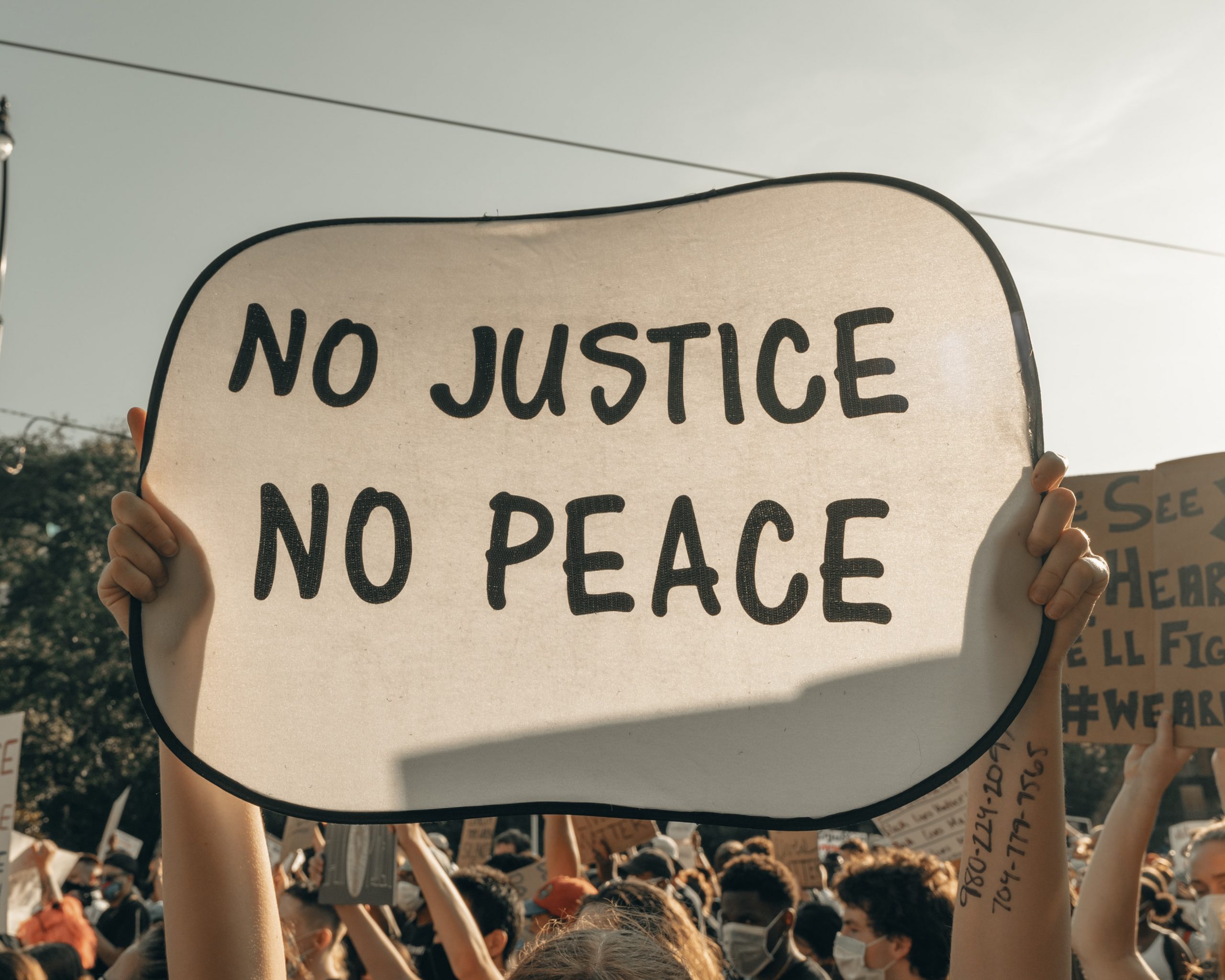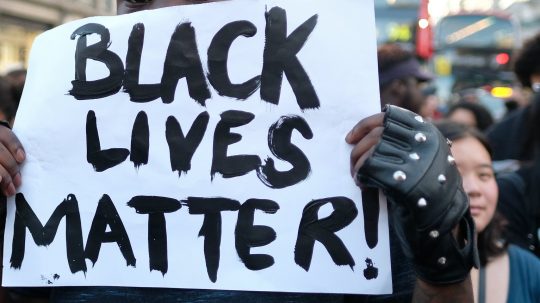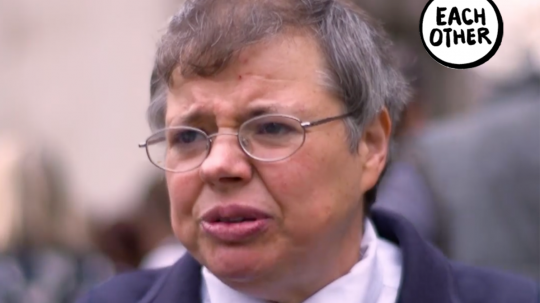Hatred exists in society and its reach can feel pervasive, but the UK does have a legal framework designed to protect people from hate crime.
Although the legislation was designed to protect marginalised groups from persecution, critics argue that it infringes on the right to freedom of speech. Neglecting to protect people from discrimination, however, stands to breach Article 14 of the Human Rights Act (HRA) as well as the safeguards set out in the Equality Act.
The prevalence of hate crime – and the need for legal protections for marginalised groups – is undeniable. From the start of the coronavirus pandemic to March 2021, hate crimes have increased by 9%, with 124,091 reports across England and Wales. Racially motivated crimes make up nearly three-quarters of the total number, and the number of hate crimes reported to the police has nearly doubled in the last five years.
The latest figures show an increase in hate crimes for four out of five protected characteristics, including a 7% increase in homophobic hate crime, a 9% increase in disability hate crime and a 3% increase in hate crimes against transgender people. Hate crimes against people based on religion decreased by 18%.
What Is Hate Crime?
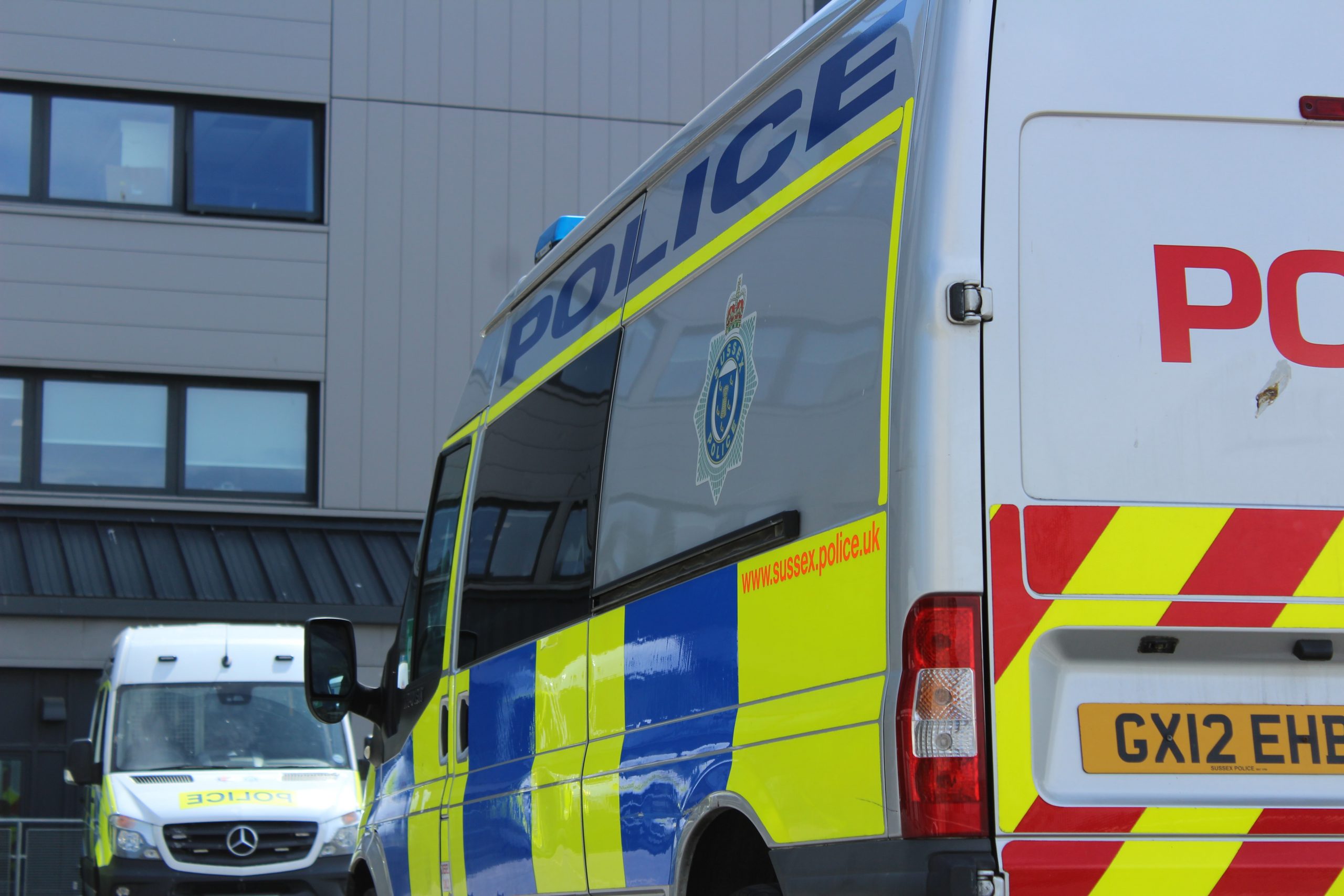
Credit: Ashley Harkness / Unsplash
The Metropolitan Police defines hate crime as “any criminal offence which is perceived by the victim or any other person, to be motivated by hostility or prejudice” towards one or more of the victim’s protected characteristics. Hatred, in such cases, motivates and aggravates an existing criminal offence. There are five protected characteristics as far as hate crime is concerned: race, religion, sexual orientation, disability and gender identity.
Hate incidents refer to episodes which the victim, or anyone else, “thinks is based on someone’s prejudice towards them because of their race, religion, sexual orientation, disability or because they are transgender.”
Although not all hate incidents amount to criminal offences, people are encouraged to report them so they can be recorded by police. Hate crime is covered in the Crime and Disorder Act 1998 and section 66 of the Sentencing Act 2020.
How Does UK Hate Crime Law Work?
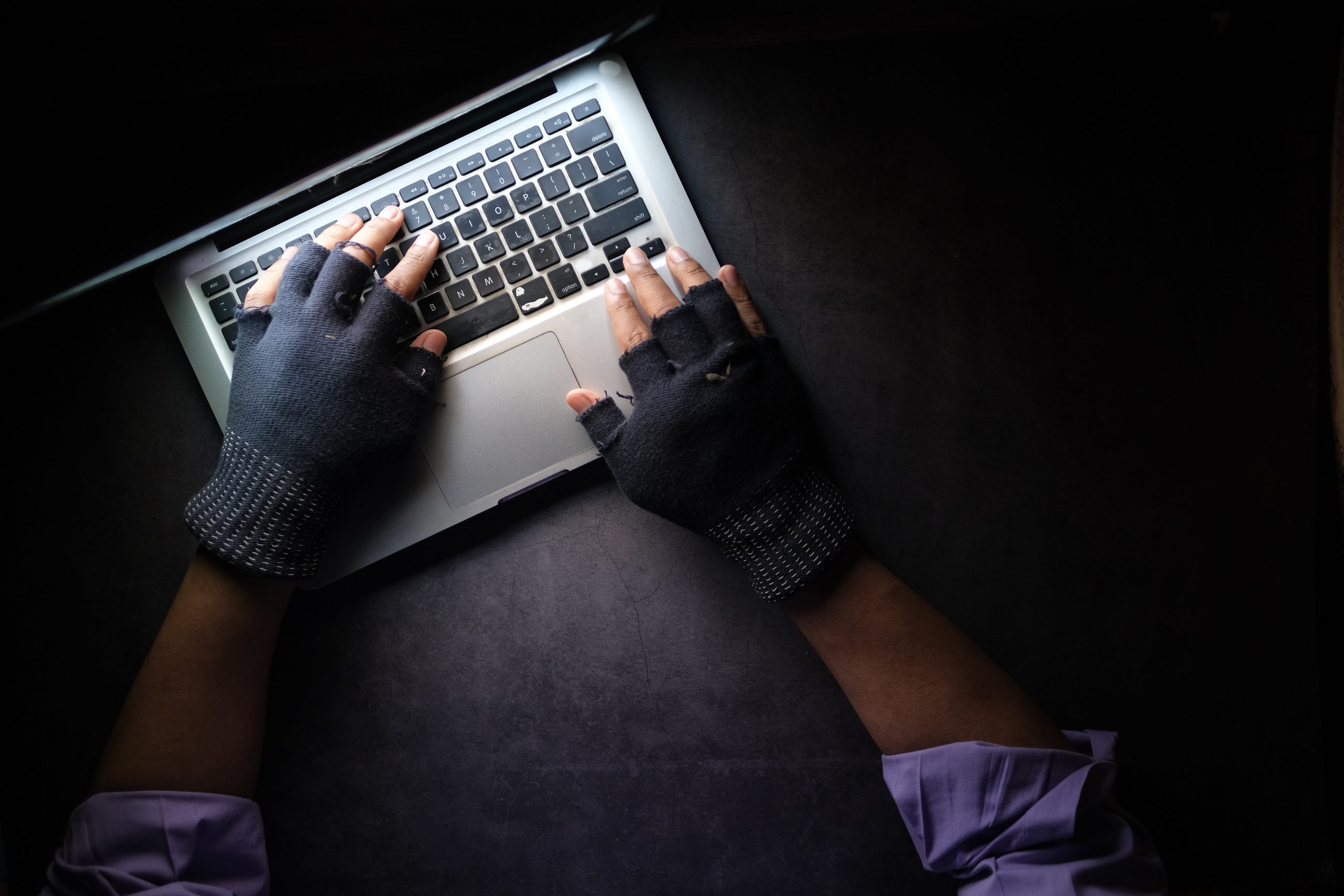
Credit: Towfiqu Barbhuiya / Unsplash
The UK has a ‘victim-led’ system, meaning that anyone who believes they have been the victim of a hate crime can report it and the police are obligated to record and investigate it. Witnesses of hate crimes are also encouraged to report incidents to the police.
Crimes and incidents of hate can take many forms, in-person and online, such as verbal or physical abuse, criminal damage and harassment. A crime can be prosecuted as a hate crime if the offender has either demonstrated hostility or been motivated by hostility toward people based on one of the five relevant protected characteristics.
How Does Hate Crime Affect People?

Credit: Stefano Pollio / Unsplash
The impact of hate crime on victims can be devastating. Sam Tabahriti, a freelance journalist, thought he was going to die after being chased by a car in a racially-motivated incident in London near his home.
“In the days following, I couldn’t go out, I couldn’t even go down to the shop down the road, which is not even a minute away from my flat,” he explained. “It has a really bad impact on your mental health and the way you see things, like whether you feel safe or not.”
Hate incidents can have an equally powerful effect on victims. Sonya Barlow, founder and CEO of LMF Network, faced several incidents of disability discrimination in her workplace.
“One manager even went as far as to say: ‘Now that you’ve told me, it will impact your career progression in this company because people with disabilities or mental health or chronic migraines aren’t going to be able to progress’,” she said. “It made me feel sad and impacted my mental wellbeing. It took me down a spiral.”
Is Hate Crime Law An Effective Legal Tool?
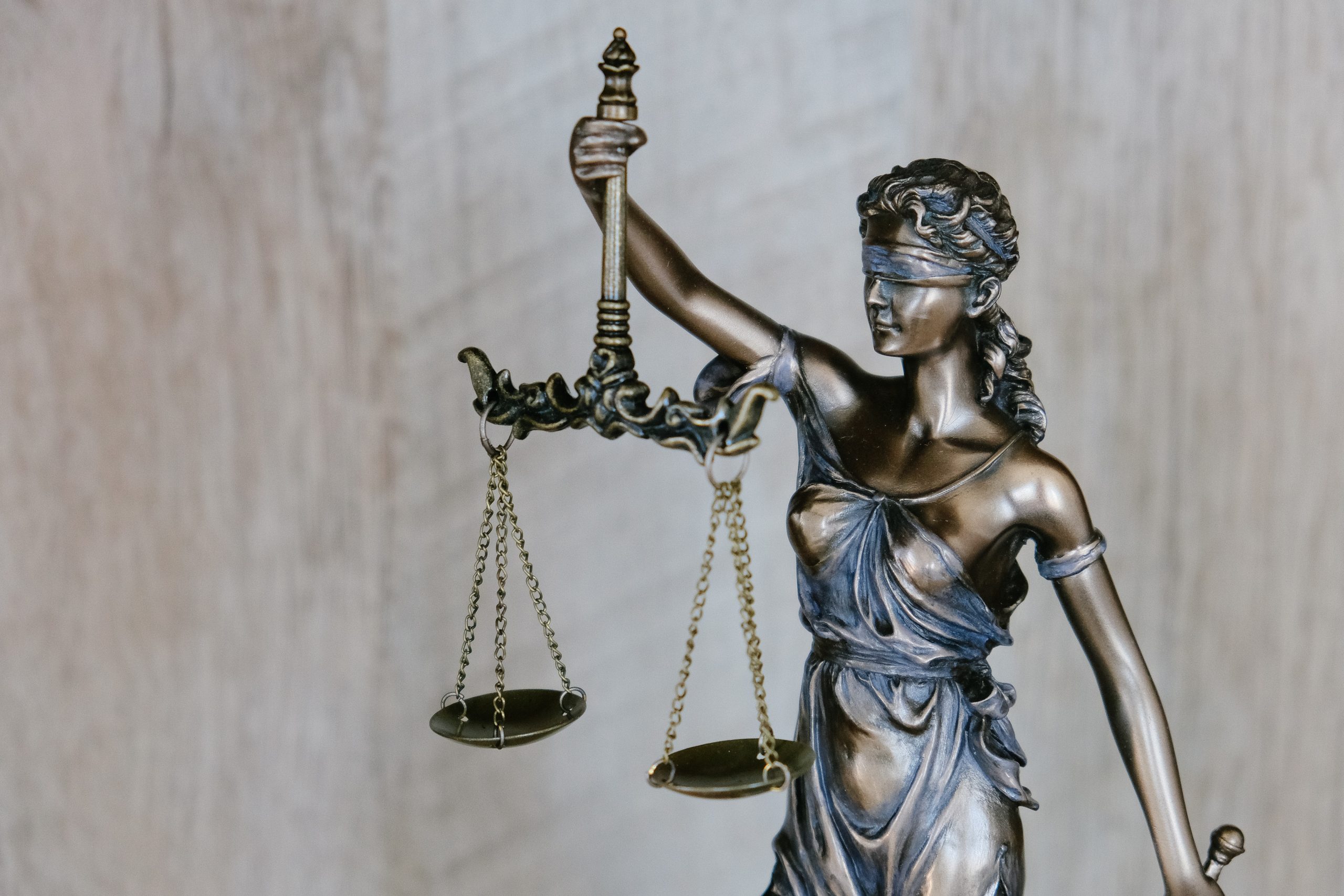
Credit: Tingey Injury Law Firm / Unsplash
While legislation empowers victims to report prejudice-motivated attacks to the police, securing a conviction is difficult.
Prosecuting someone for a hate crime requires a high threshold of evidence and the Crown Prosecution Service will not move ahead with cases that do not have a high chance of success in court.
A recent investigation by Liberty Investigates revealed that in 2020, 32% of victims – 33,546 people – withdrew from police investigations into hate crime. Liberty said: “The number of hate crime cases in which officers identified a suspect and took action against them fell from 14,866 in 2015 to 14,398 in 2020. This, despite reports of hate crime rising from 52,785 in 2015 to 106,300 in 2020.”
I reported it because I know there’s no progress without people knowing what’s happening
The tough legal process and subsequent emotional strain deters some victims from continuing with hate crime cases. Past negative experiences with policing can also prevent victims from reporting incidents.
“Most of my experience is with the Metropolitan Police and I think the response within the force is absolutely shambolic,” said Andy Greene, a disability activist who has extensive experience working on hate crime. “I think the handling, the knowledge, the bedside manner, the administrative process within the actual Met Police is disjointed, badly taught through tick-box exercises, with no real meaningful desire to get it right.”
A lack of awareness of the legal framework designed to protect victims also dissuades reporting.
“The everyday targets of hate crime are people often on the margins of society,” said Neil Chakraborti, professor in criminology and director of The Centre for Hate Studies at Leicester University. “They’re not as connected as we might be so they might not see the messaging that takes place within local police force areas. They might not be part of the public awareness campaign.”
While many people have a fractured relationship with the police force, reporting an incident of hate crime improves the accuracy of statistics and raises public awareness.
“I reported it because I know there’s no progress without people knowing what’s happening,” added Tabahriti. “Although my experience wasn’t the best, because when I went to the police station I felt like I wasn’t listened to or believed, I think everyone should report, despite the response they get.”
Why Is Hate Crime Law Controversial?
Although creating a legal framework for hate crime has helped protect marginalised groups from discrimination, some allege that the laws threaten freedom of expression – protected in Article 10 of the HRA. However, that article does not give people the right to insult or harm others with language.
“I still see this time and time again, this perception that we’re talking about a form of political correctness,” explained Professor Chakraborti. “We’re saying that certain groups can be victims of hate, but then we’re demonizing other groups for being racist or being homophobes. Hate crime policy simply reflects the state of the world that we’re in: hundreds of thousands of people fall victim to acts of targeted hostility every day.”
Hate crime legislation has hit headlines lately as the debate over adding misogyny to the list of relevant protected characteristics continues. Boris Johnson’s stance is that it should not be added as a category of hate crime but activists are calling for its inclusion.
“It is absolutely the right time for misogyny to be made a hate crime,” said CEO of Solace Women’s Aid Mary Mason. “Sexual harassment and objectification of women’s bodies is demeaning to women, causes harm and has no place in society, where women rightly expect to be safe.”
While experiences of reporting are mixed and improvements still need to be made to the judicial process, it is clear that the legal framework for tackling hate crime plays a crucial role in protecting marginalised groups from discrimination.

